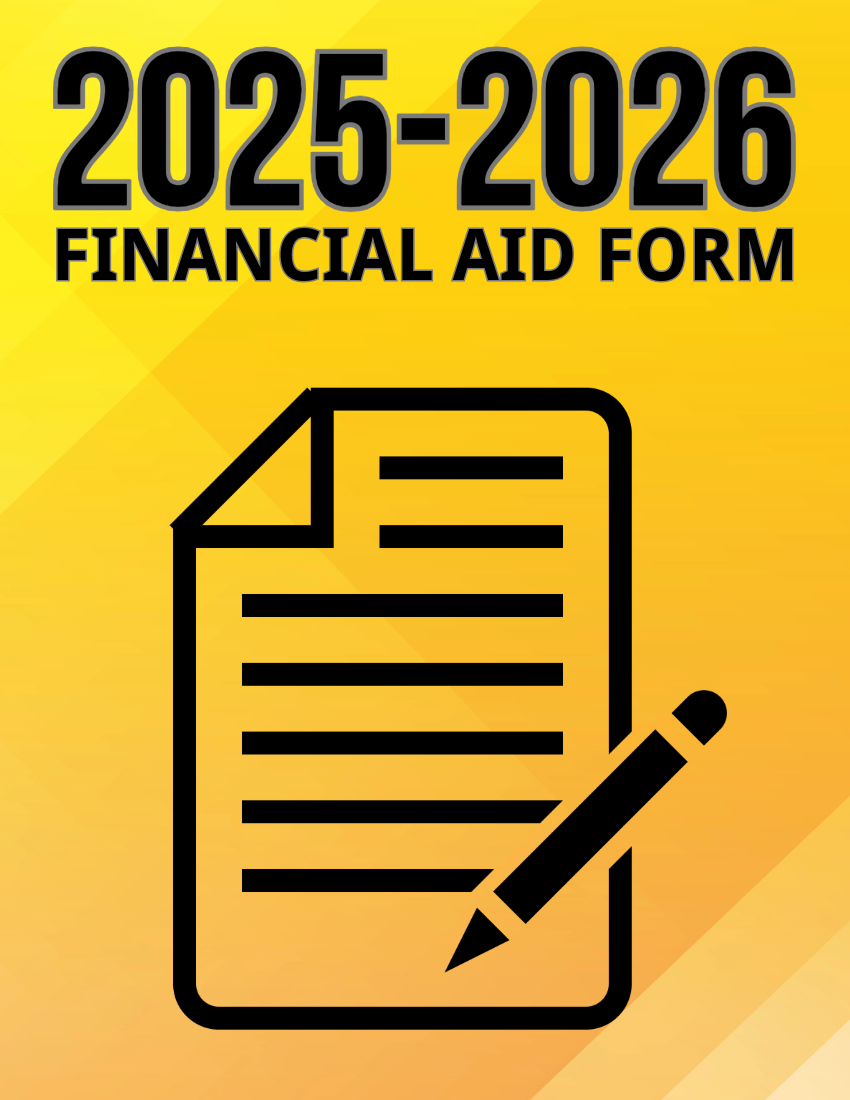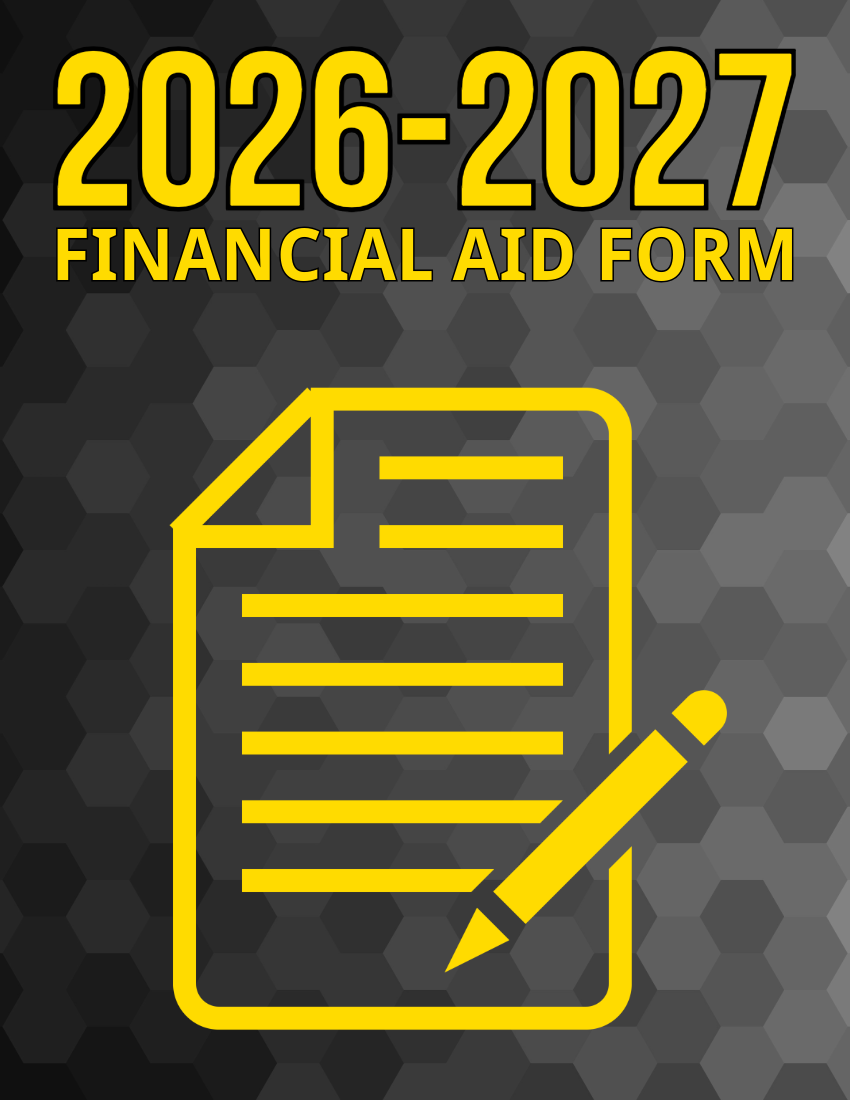Confirmation of Status as Unaccompanied and Homeless or Unaccompanied, Self-Supporting, and At-Risk of Being Homeless
You reported on your Free Application for Federal Student Aid (FAFSA) that you were:
- Unaccompanied (by a parent or guardian) and Homeless - OR -
- Unaccompanied, Self-supporting and At Risk of Being Homeless
If you have been in this situation any time on or after the following dates, your dependency status can be evaluated to determine if your financial aid application can be processed without your parent’s information or signature.
- July 1, 2024 (2025-2026 Academic Year)
- July 1, 2025 (2026-2027 Academic Year)
Instructions
Read below to determine if you meet the definitions.
If these definitions describe your current circumstances, complete the following online form.
If these definitions do not describe your circumstances, correct your FAFSA to answer ‘No’ to being an Unaccompanied Homeless Youth. If you do not have any other Personal Circumstances that would make you an Independent student, you will need to add parent information to invite them to complete their portion of the FAFSA.
Definitions
- Unaccompanied: Not in the physical custody of a parent or guardian.
- Parent: Your legal biological or legally adoptive parent, or a person that the state has determined to be your parent.
- Legal Guardian: An individual who has designation by a court that authorizes someone to care for an individual in place or absence of parents.
- Homeless: Lacking fixed, regular, and adequate nighttime residence.
- Fixed: Stationary, permanent, and not subject to change.
- If you are living in a tent, sleeping bag, car, camper, or motel, your housing is not fixed.
- Regular: Used on a predictable, routine, or consistent basis.
- If you are staying with someone temporarily, "couch surfing"; looking for someplace to stay every night, your housing is not regular.
- If you need the owner's permission to stay because it is not your home, then your housing is not regular.
- If you are living "doubled up" with someone else because you lost your previous housing and have nowhere else to go, your housing is not regular.
- Adequate: Sufficient for meeting both the physical and psychological needs typically met in
a home.
- If it is not safe and you are in danger of physical or psychological abuse or accidents due to poor repair, then your housing is not adequate.
- If it is infested with bugs or animals, then your housing is not adequate.
- If it does not have water, electricity, and a working kitchen and bathroom, then your housing is not adequate.
- If you do not have your own space - a bedroom, a place to study, a place for privacy, then your housing may not be adequate.
- Fixed: Stationary, permanent, and not subject to change.
- Self-supporting: You pay for your own living expenses, including housing that is fixed, regular, and
adequate.
- Please note: Self-supporting alone is not indicative of homelessness.
- At Risk of Homelessness: You expect you will have to leave your primary nighttime residence and you do not have a place to go after that.
Required Documentation
- Professional Documentation:
- Must be on letterhead and dated on or after July 1 of the appropriate year (see above dates).
- If you graduated from high school in the past year and you had a homeless determination based on the McKinney-Vento Act, submit a letter from your counselor or the McKinney-Vento (homeless) liaison, or have them send it directly to the Office of Financial Aid.
- If you stayed in a homeless shelter, runaway home, or transitional living program, submit a letter from the director or their proxy stating you had a homeless determination.
- If you had an Unaccompanied and Homeless determination from a financial aid administrator at another school (must be the same school year), submit a letter from them.
- If you have been working with another professional who knows your situation, submit a letter from them. Some examples of professionals are: TRIO program counselor, mental health professional, social worker, mentor, doctor, clergy, advisor. In this case, we might need more information.
If you do not have the above professional documentation, you may use the online form to request an appointment to meet with the Office of Financial Aid.
- Optional Personal Documentation:
- Submit a statement describing your situation since July 1 of the appropriate year (see above dates).
- Additionally, you can submit letters from friends, family members, employers, coworkers or other personal contacts who know your situation.
For You to Know
- The WSU Office of Financial Aid may request supporting documentation to complete the fair and accurate evaluation of your independent status. This documentation will be necessary to continue with the processing of your FAFSA and to award any federal financial aid for the current year. Requests will be sent through your Shocker email account.
- If your independent status cannot be confirmed, you will receive notification in your Shocker email account for additional information.
- If you provide additional documentation and it is determined you are not independent, you will receive notification in your Shocker email account to correct your FAFSA. As a dependent student, parent information must be added to your FAFSA, and both you and your parent must sign the FAFSA before your financial aid eligibility can be reviewed.
- If it is determined you are not independent based on the definitions for unaccompanied and homeless, but you still believe you should be considered an independent student, you should visit with a financial aid advisor regarding the possibility of a dependency override. The dependency override uses different criteria to determine independent status.
- If your independent status is confirmed, the Office of Financial Aid will automatically process your FAFSA as an independent student. When all other eligibility requirements have been met and your aid eligibility has been evaluated, you will be sent a financial aid offer via email.



